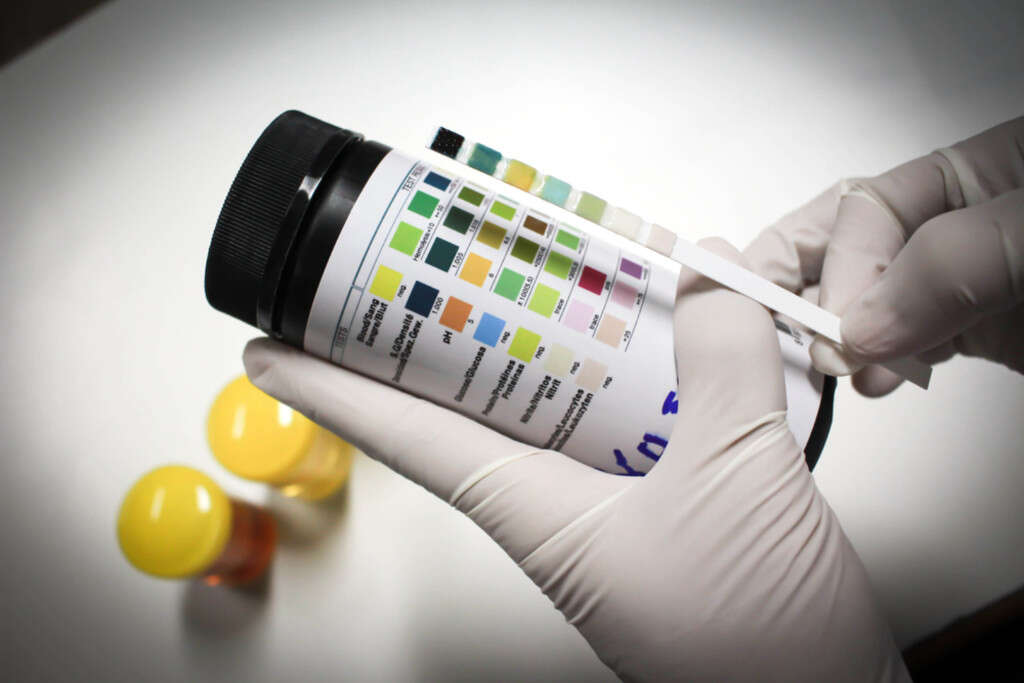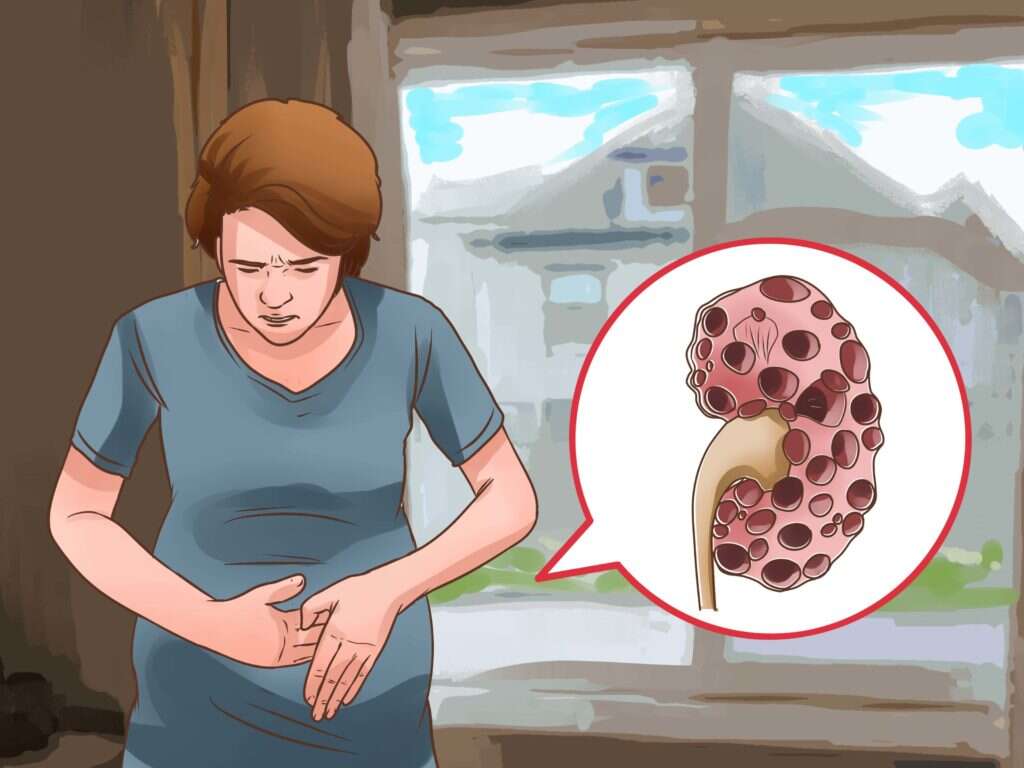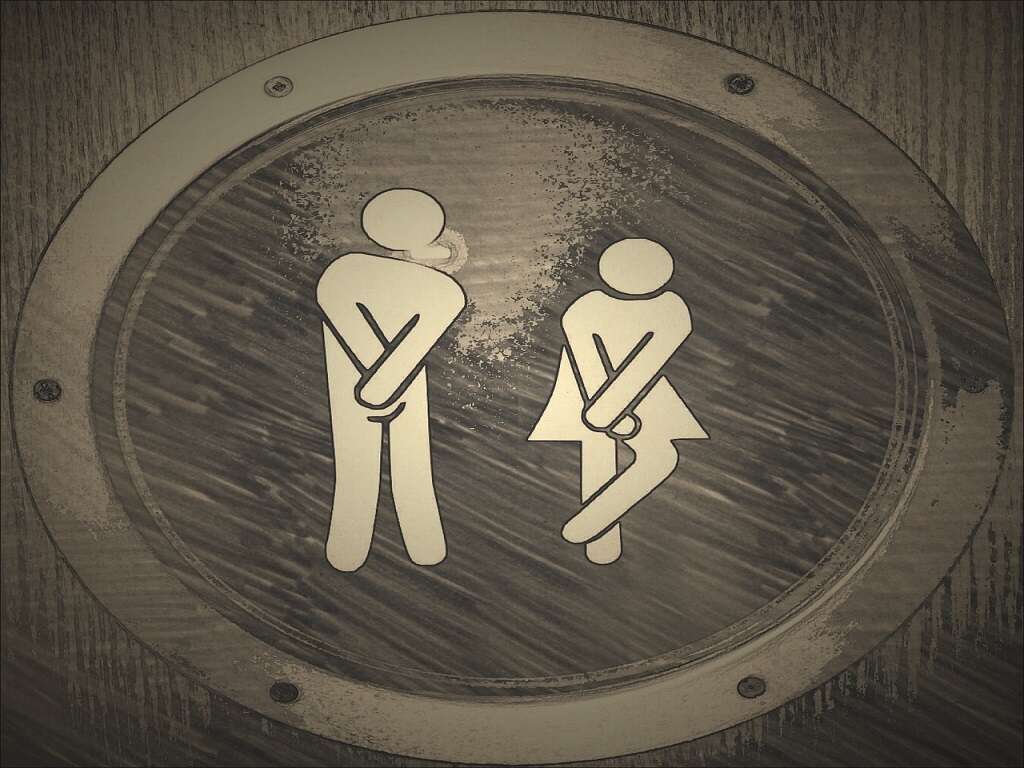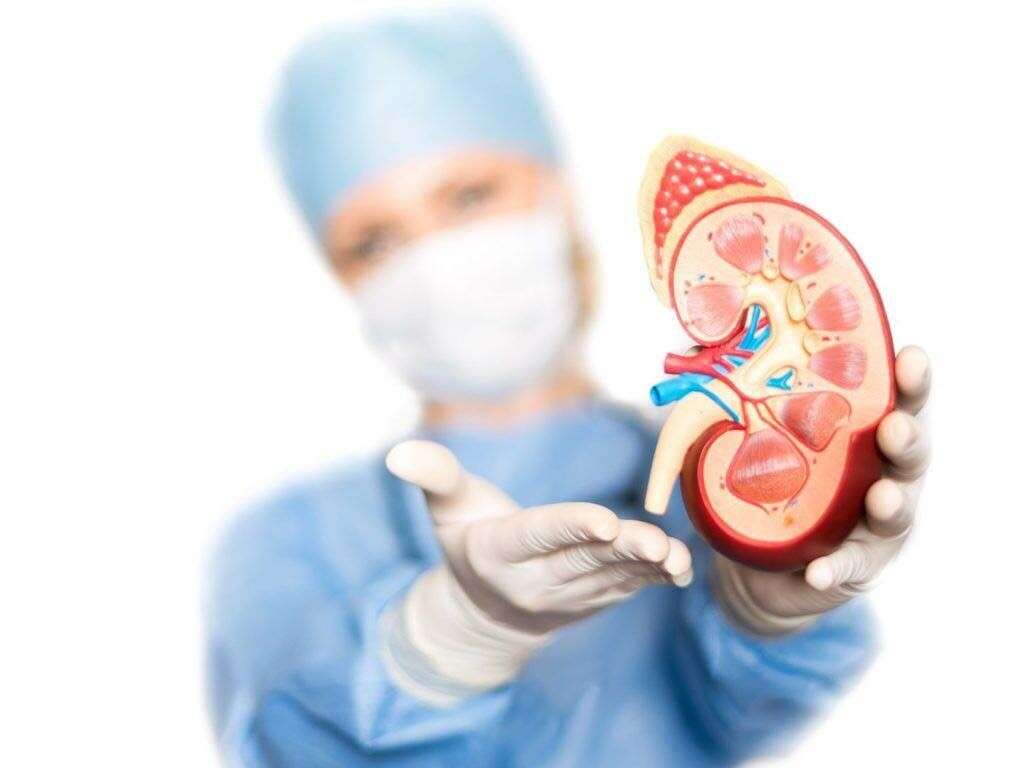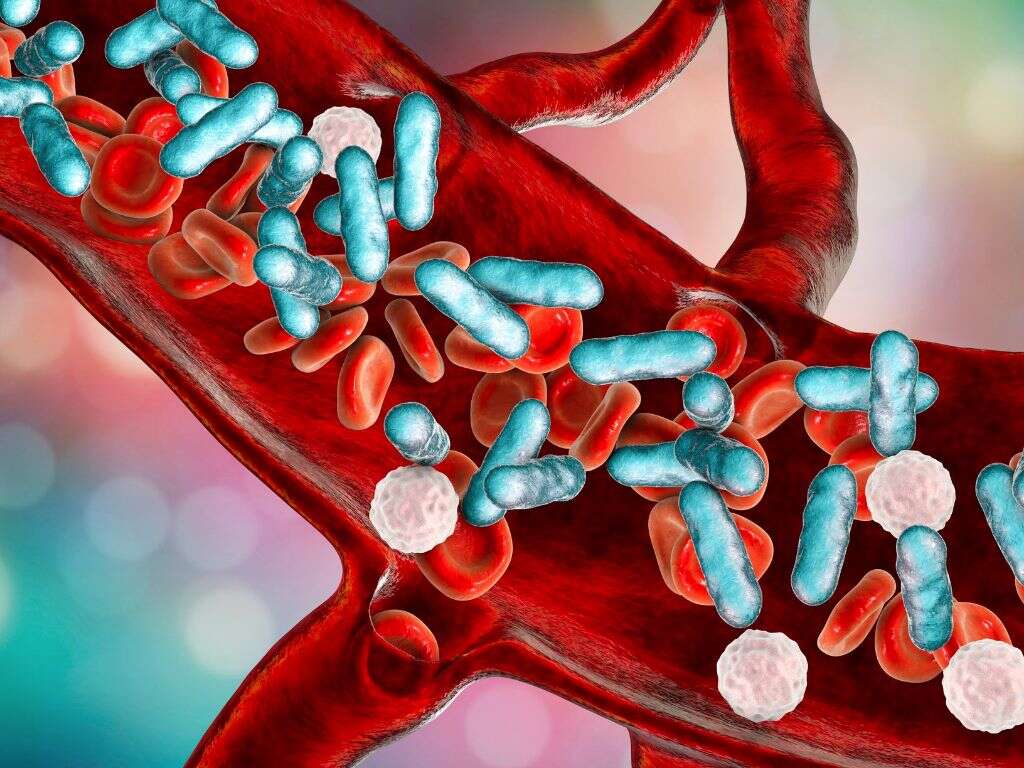10 Renal Failure Symptoms
Renal failure is more commonly referred to as kidney failure. The lifestyles and diets of many individuals make it more likely for the condition to develop. However, one of the difficult things about renal failure is that many people don’t have any symptoms—or, in some cases, people grow so used to the symptoms that they don’t realize there is a problem. So, it’s important to be aware of the symptoms of renal failure to prevent the problem from becoming quite serious.
The best way to deal with renal failure is to avoid it in the first place, but if any of the symptoms listed below occur, see a doctor to take a urine test and confirm the diagnosis. (Keep in mind that many of the following symptoms can occur in other diseases, so they do not exclusively indicate renal failure.)

Symptom #1: Chronic Fatigue
One of the most common symptoms that people suffering from kidney disease experience is chronic fatigue. However, don’t be quick to assume that chronic fatigue is a sign of renal failure unless other symptoms associated with renal failure occur as well.
Fatigue due to kidney failure occurs when the kidneys aren’t able to produce erythropoietin, or EPO. EPO is a hormone that tells the body to make more red blood cells, which carry oxygen throughout the body. Without the hormone, there are fewer red blood cells, which means the muscles and organs won’t receive the oxygen they need to function.
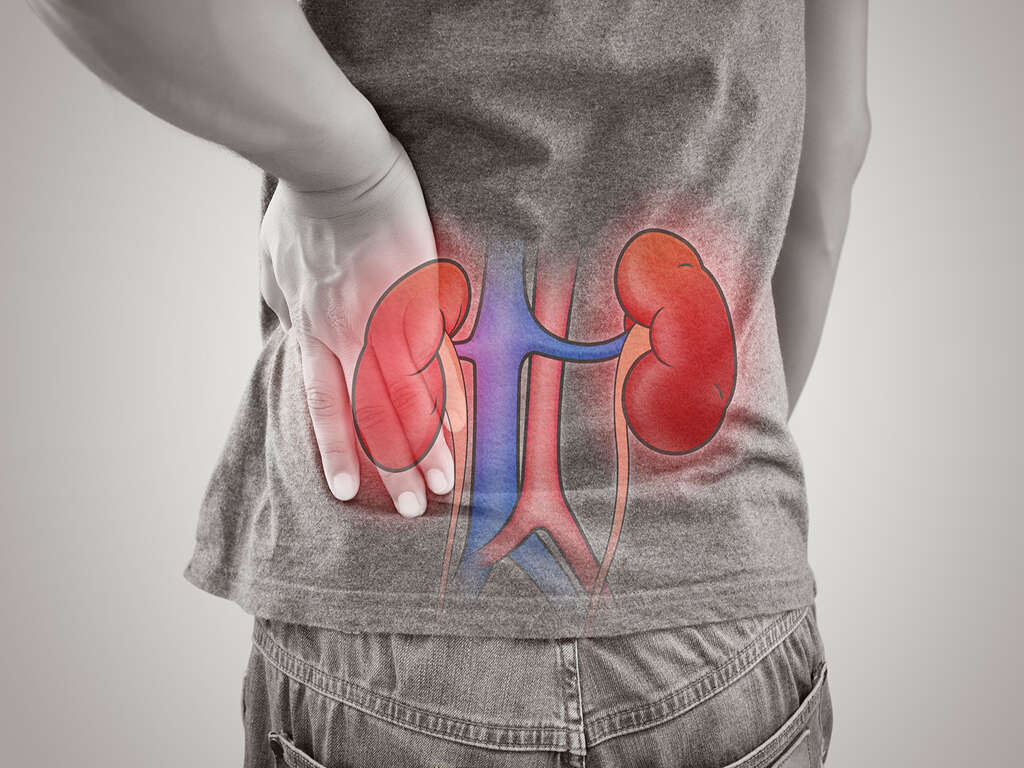
Symptom #2: Temperature Problems
A common symptom of kidney-related problems is difficulty maintaining body temperature. Patients with renal failure are generally much more likely to feel cold even if the environment around them is warm.
This is one of the main symptoms of anemia, a condition that occurs when the kidneys can’t produce enough red blood cells.

Symptom #3: Shortness of Breath
There are a couple reasons that renal failure could cause shortness of breath. One reason is because failing kidneys can result in a buildup of fluid in the lungs. As fluid accumulates, it obstructs the breathing pathways and makes it more difficult to inhale and exhale.
The second cause is anemia. Anemia starves the entire body of oxygen, so it can be difficult to get enough oxygen just from regular breathing.

Symptom #4: Dizziness and Feeling Faint
One of the main problems with kidney failure is that the body is unable to receive the oxygen it needs to function. When this happens, the organs suffer. The brain, for example—arguably the most important organ in the body—requires a steady supply of oxygen to function properly.
If the brain doesn’t receive enough oxygen, people are prone to dizzy spells or feeling faint. They may feel like they’re going to pass out sporadically throughout the day, which is a warning sign that the brain isn’t getting enough oxygen.

Symptom #5: Difficulty Thinking
Dizzy spells aren’t the only problem that can arise if the brain is starved of oxygen. Another symptom of renal failure is difficulty thinking. Cognitive problems emerge when the brain doesn’t have the fuel to communicate with itself and other parts of the body.
Patients are prone to forgetfulness, confusion, or difficulty solving simple problems if they develop renal failure or anemia.

Symptom #6: Itchiness
An interesting problem that can occur during kidney failure is excessive itchiness. The symptom may be a result of the kidneys’ inability to transport and remove waste and toxins from the bloodstream. The buildup of toxins can cause a number of symptoms, such as serious itching.
Furthermore, scratching the skin doesn’t often relieve itchiness due to renal failure. Some patients feel itchy right down to the bone.

Symptom #7: Swelling
People who develop renal failure often experience swelling. It occurs mostly in the hands, feet, and face. The kidneys typically remove extra fluid from the body. When the kidneys aren’t working, fluid accumulates, which can lead to visible signs of water retention.
Patients might assume that they’re having an allergic reaction if the face becomes swollen and puffy. However, if other possible renal failure symptoms are present, see a doctor to confirm the cause of the swelling.

Symptom #8: Metallic Tastes
Another condition that can result from renal failure is known as uremia, which is the accumulation of toxic wastes in the bloodstream. The symptoms of uremia include an altered sense of taste as well as bad breath. Specifically, food tends to taste like metal.
While the symptom is more apparent when eating food, many people experience an unpleasant metallic taste regardless of whether or not they’re eating. Some people lose weight as a result of not wanting to eat food. Many patients also lose the desire to eat red meat, which is dense in minerals.

Symptom #9: Nausea and Vomiting
Nausea and vomiting may develop when the body detects toxins or pathogens that need to be eliminated. In renal failure, it is partly because of the development of uremia.
Unfortunately, in the case of uremia, the toxins are present in the bloodstream, which means the nausea will be relatively constant until the problem is identified.

Symptom #10: Changes in Urination
Since the kidneys are responsible for making urine, it makes sense that some changes in urination could occur if the kidneys aren’t working properly. Specifically, renal failure may cause an increased level of urination. People often urinate more, and their urine is a pale color.
This is a sign that fluid is passing too quickly through the kidneys. On the other hand, some people feel pressure during urination or have difficulty releasing their urine.
